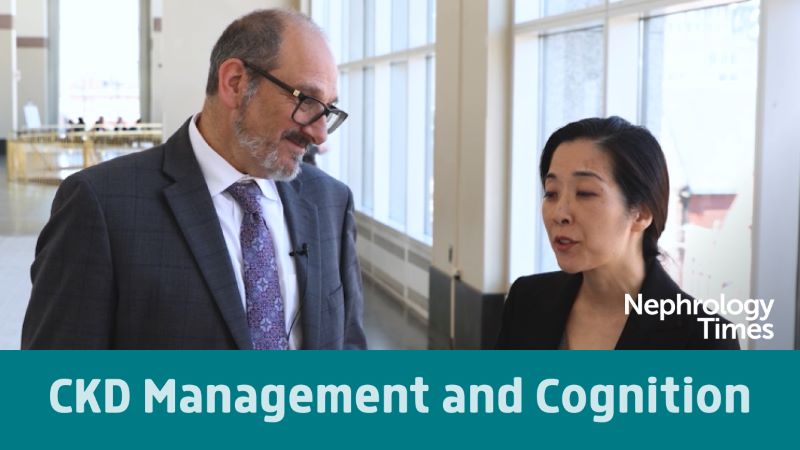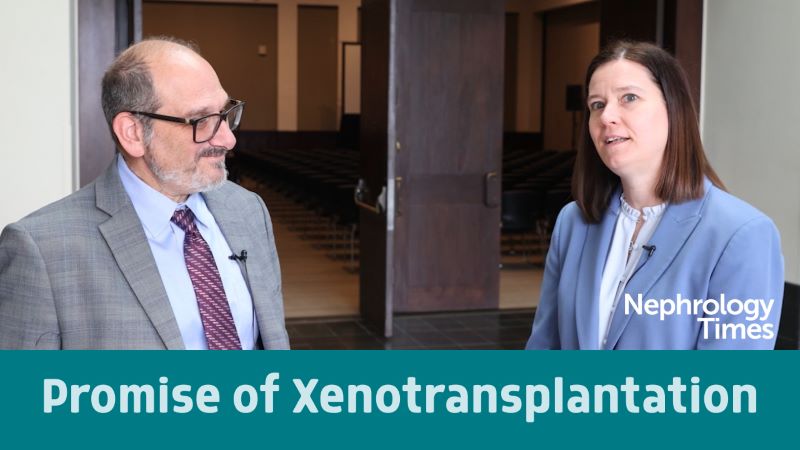Phase 2 Trial Shows Improvements in Pulmonary Exacerbations in Cystic Fibrosis Patients
By DocWire News Editors - Last Updated: April 28, 2023Greg Duncan, CEO of Celtaxsys discusses the top line results of the company’s Phase 2 EMPIRE-CF trial evaluating oral, once daily anti-inflammatory molecule, acebilustat, for the treatment of cystic fibrosis (CF), irrespective of the causative genotype. In the 200 patient, double-blind, placebo controlled study, acebilustat demonstrated clinically meaningful improvements in pulmonary exacerbations, both reducing the frequency of pulmonary exacerbations (PEx) and increasing time to next exacerbation over 48 weeks of therapy.
On a per protocol assessment, acebilustat-treated patients exhibited an 19% reduction in PEx and a 22% reduced risk in progressing to first PEx versus placebo. Additionally, over 40% of patients treated with acebilustat completed the study without experiencing a PEx, an increase of 32% as compared with patients treated with placebo. The benefits of acebilustat on pulmonary exacerbations were apparent as early as four months after start of treatment and persisted throughout the 48 weeks of the study. No difference in lung function, as measured by the primary endpoint of FEV1 percent predicted (FEV1pp), was observed in acebilustat-treated patients compared to placebo-treated patients over 48 weeks of treatment. Additionally, FEV1pp response did not correlate with PEx rates.
Patients with less severe impairment of lung function (FEV1pp 75) achieved the largest benefit from acebilustat treatment, achieving a 34% reduction in PEx rate, a 43% reduction in risk of experiencing their first exacerbation and a 96% increased likelihood of being exacerbation free after 48 weeks of treatment. Furthermore, patients concomitantly treated with CFTR modulator therapy exhibited a clinically meaningful 20% reduction in PEx, a 29% increased time to first exacerbation and a 47% higher likelihood of no exacerbations compared to patients treated with CFTR modulators and placebo.
Acebilustat was well tolerated with no increased risk of infection, a key attribute for any anti-inflammatory development candidate to treat CF patients who have an increased risk of infection. The majority of adverse events were mild or moderate in severity with the most common adverse events regardless of treatment group, were infective pulmonary exacerbation, cough, nasopharyngitis, nasal congestion, headache, sputum increased, hemoptysis and fatigue. There was a low discontinuation rate from adverse events among patients treated with acebilustat, in line with patients treated with placebo.







 © 2025 Mashup Media, LLC, a Formedics Property. All Rights Reserved.
© 2025 Mashup Media, LLC, a Formedics Property. All Rights Reserved.